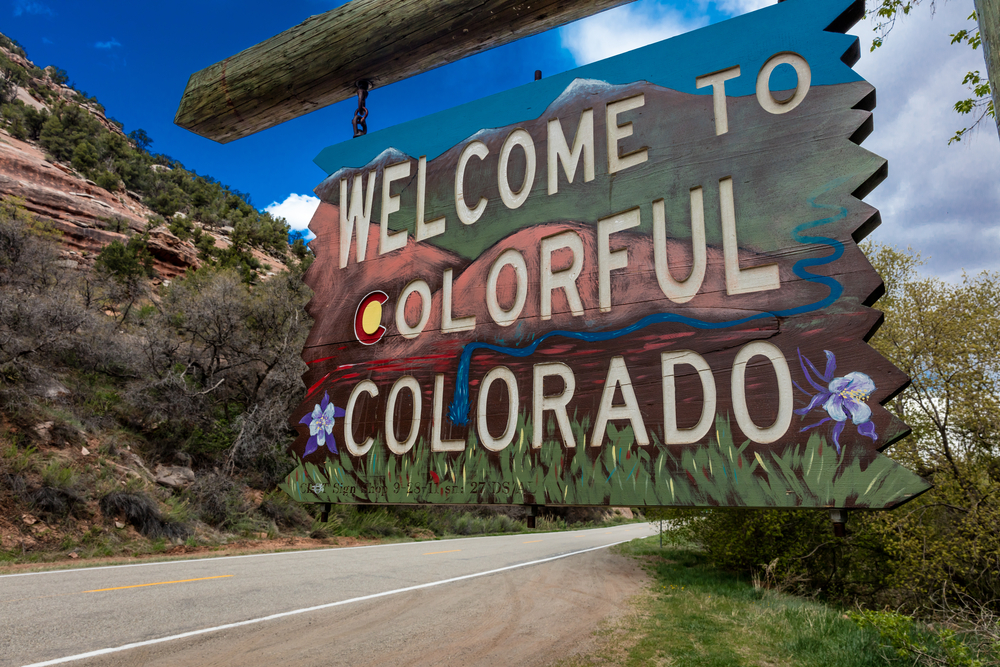The Amache National Historic Site in southeastern Colorado has been officially recognized as one of America’s national parks. Amache, founded during World War II, was one of the locations where thousands of Japanese Americans were incarcerated and imprisoned. It is now transitioning from a sad chapter in history to a conserved national park.
Town of Granada’s contribution
The Town of Granada, located barely one mile from Amache, played an important part in the national park’s development. By acquiring and providing the appropriate land, Granada helped to ensure that the place received the recognition that it deserved.
Preserving painful history
In March 2022, President Joe Biden signed the Amache National Historic Site Act, which was the Biden-Harris administration’s first National Park System designation. The official national park status aims to ensure that the painful history of Japanese American incarceration during World War II remains etched in the collective memory of the nation.
Perspectives from the Secretary of the Interior
Secretary of the Interior Deb Haaland stressed the importance of acknowledging historical wrongs, saying, “As a nation, we must face the wrongs of our past in order to build a more just and equitable future.” Her journey to Amache in February 2022 demonstrates her dedication to stewarding public lands and telling a thorough and honest picture of the country’s past.
Day of remembrance
The news coincides with the annual Day of Remembrance of Japanese Incarceration During WWII on February 19. This day serves as a poignant reminder of the difficulties faced by Japanese Americans during a turbulent period in American history.
Amache’s unique contribution to national parks
Amache‘s inclusion in the National Park System draws attention to the dark tales of injustice that are etched throughout the fabric of American history. Chuck Sams, NPS director, emphasizes the need to reflect on past faults, make reparations, and work toward a more perfect union as a nation.
Preservation efforts and historical significance
Survivors, families, and various groups have spent decades preserving Amache’s old building foundations, roads, and infrastructure. The site contains a monument, a historic cemetery, a network of roads, and numerous restored World War II-era structures, which contributed to its recognition as a National Historic Landmark in 2006 and inclusion on the National Register of Historic Places in 1994.
The National Park Service’s Japanese American Confinement Sites Grant Program has been instrumental in preserving vital places and stories. Since 2009, more than $41 million has been provided to fund 302 initiatives across the country, building partnerships and increasing public knowledge and scholarship about these historical locations.
Future of the Amache National Historic Site
With the official formation of the Amache National Historic Site, efforts to raise public awareness and promote scholarship will continue. Collaborations with the National Park Service, educational institutions, and other groups are intended to ensure that future generations learn and appreciate this significant and terrible chapter in American history.












